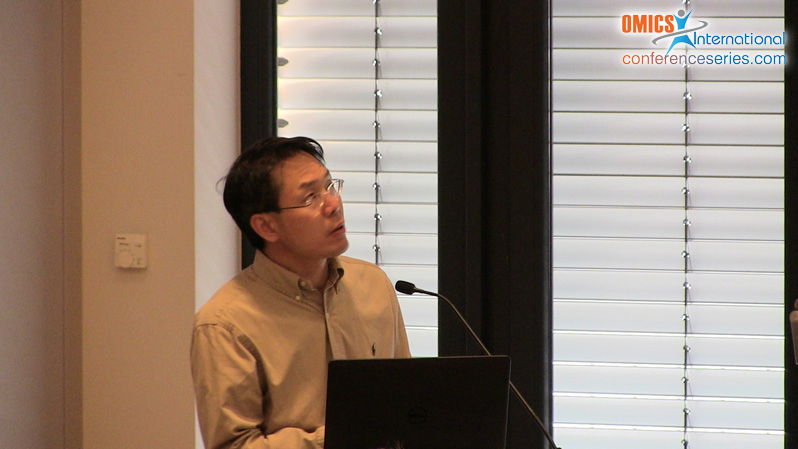
Ze-Chun Yuan
University of Western Ontario, Canada
Title: Isolation, characterization and genome analysis of Paenibacillus polymyxa CR1, a bacterium for biocontrol, biomass degradation, biofuel and chemical production
Biography
Biography: Ze-Chun Yuan
Abstract
Non-food biomass holds great promise as sources of clean and renewable fuels and chemicals. However, lignin depolymerization is the bottleneck for lignocellulosic biofuels and chemicals. Understanding the bacterial metabolic pathways and regulatory mechanisms underpinning lignin degradation is very important for developing cost effective techniques to revitalize the biorefinery industry. We recently isolated and characterized Paenibacillus polymyxa CR1 (Corn Rhizobacetrium) exhibited multifaceted plant-beneficial traits including phytohormone (indole-3-acetic acid) production, nitrogen fixation, and antagonistic activities against crop pathogens. P. polymyxa CR1 significantly promotes the growth of corn, potato, cucumber, tomato and Arabidopsis thaliana. P. polymyxa CR1 also demonstrated strong ability in degrading and utilizing lignin, cellulose and hemi-cellulose as sole source of carbon and produce valuable chemicals and fuels. In addition, P. polymyxa CR1 degrades saw dust directly and produces phenylacetic acid (also called benzeneacetic acid) which is widely used in perfumes, penicillin G production and other purposes. To facilitate understanding its metabolic pathways implicated in biomass degradation and bioproduction, we sequenced the complete genome of P. polymyxa CR1 (~6Mbs). We also compared the P. polymyxa CR1 genome with the other 3 P. polymyxa genomes fully sequenced. Our genomics and comparative genomics analysis revealed many conserved genes/functions relevant to antimicrobial production, biomass degradation and bioproduction, which lays a solid foundation for our future work, eg, using genetic and metabolic engineering to rewire bacterial metabolic flux networks and synthetic pathways for efficient conversion of lignocellulosic biomass (forestry and agricultural residues, municipal biosolids and wastes of paper industry) into value-added biofuels and chemicals.

